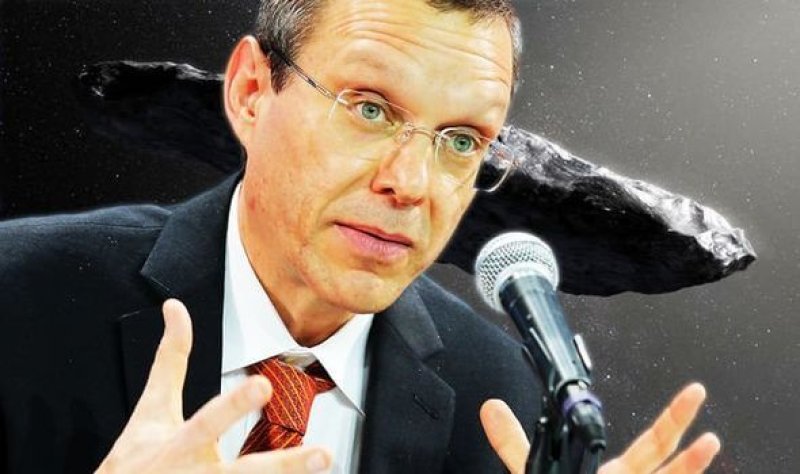The prolific Harvard University astrophysicist [Avi Loeb] has produced pioneering and provocative research on black holes, gamma-ray bursts, the early universe and other standard topics of his field. But for more than a decade he has also courted a more contentious subject—namely, space aliens, including how to find them.
…
[In 2017,] astronomers around the world scrambled to study an enigmatic interstellar visitor—the first ever seen—that briefly came within range of their telescopes.
The object’s discoverers dubbed it ‘Oumuamua—a Hawaiian term that roughly translates to “scout.” The unavoidably cursory examinations of this celestial passerby showed it had several properties that defied easy natural explanation. ‘Oumuamua’s apparent shape—which was like a 100-meter-long cigar or pancake—did not closely resemble any known asteroid or comet.
…
To Loeb, the most plausible explanation was as obvious as it was sensational: taken together with its possibly pancakelike shape and high reflectivity, ‘Oumuamua’s anomalous acceleration made perfect sense if the object was in fact a light sail—perhaps a derelict from some long-expired galactic culture.
Loeb has now taken his case to the public with the book Extraterrestrial: The First Sign of Intelligent Life beyond Earth, which is just as much about the author’s life story as it is about ‘Oumuamua’s fundamental mysteries.































